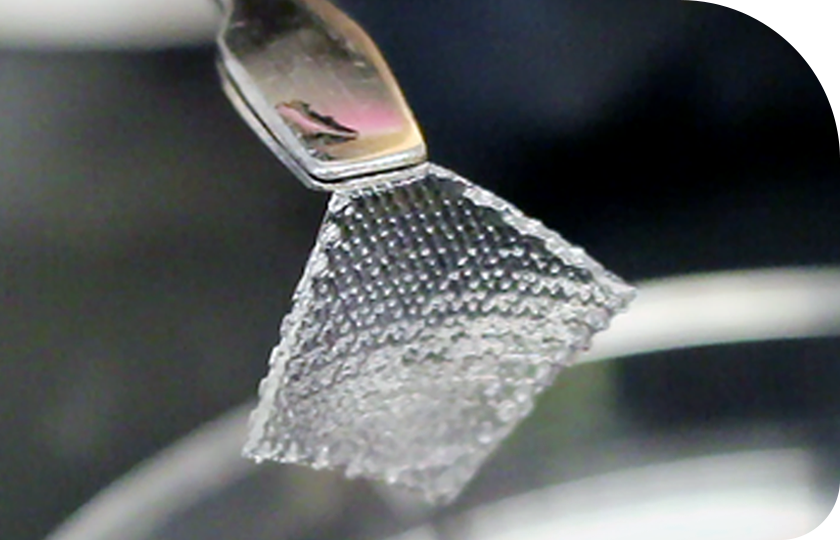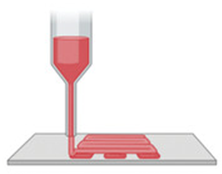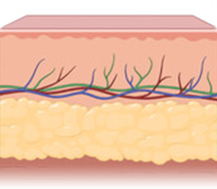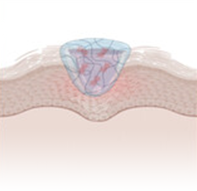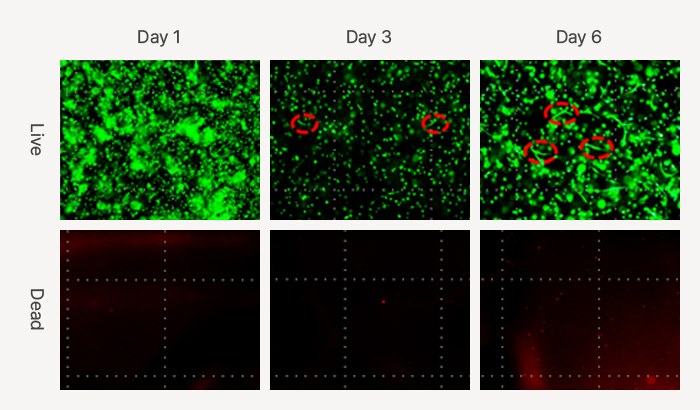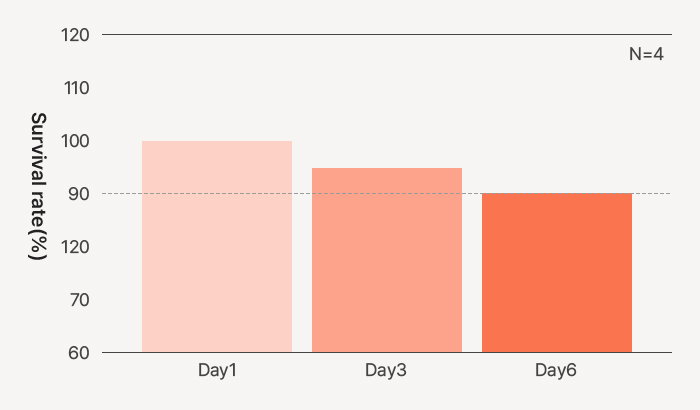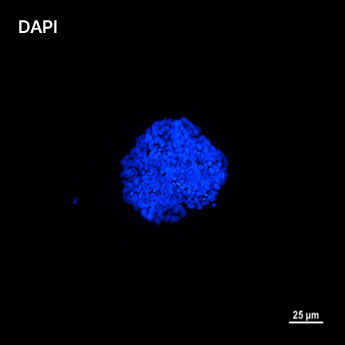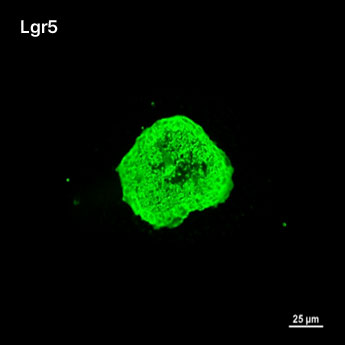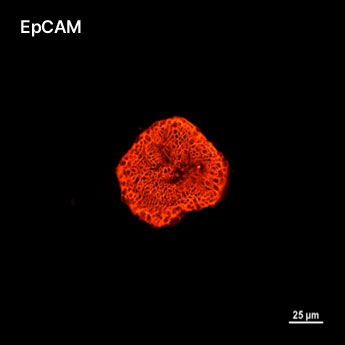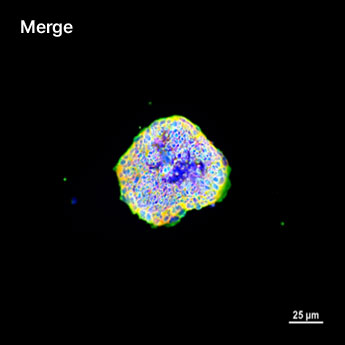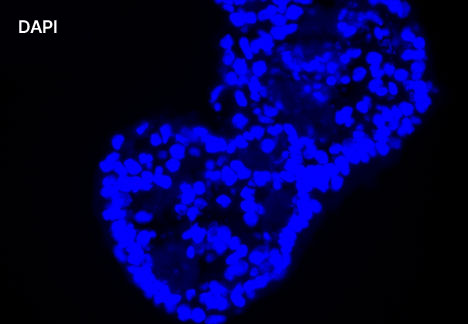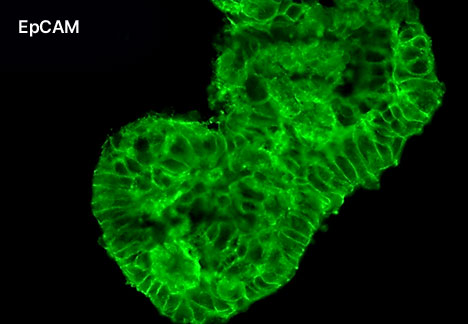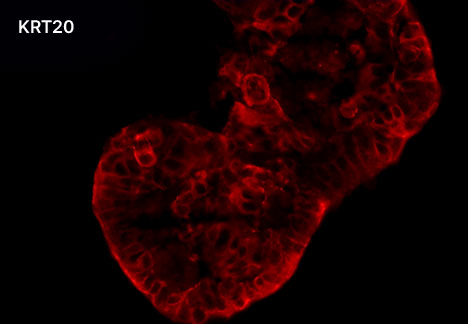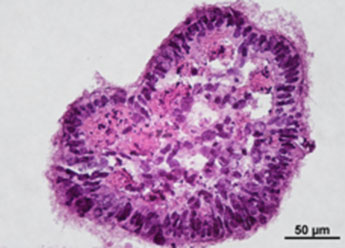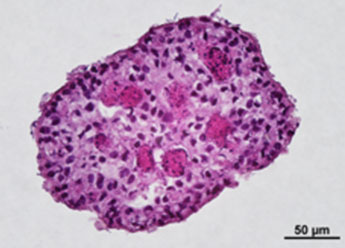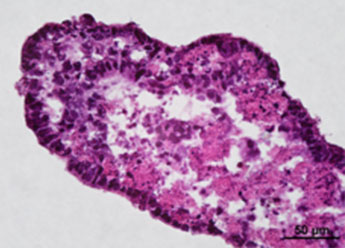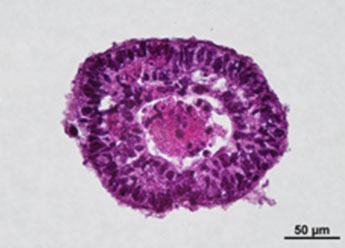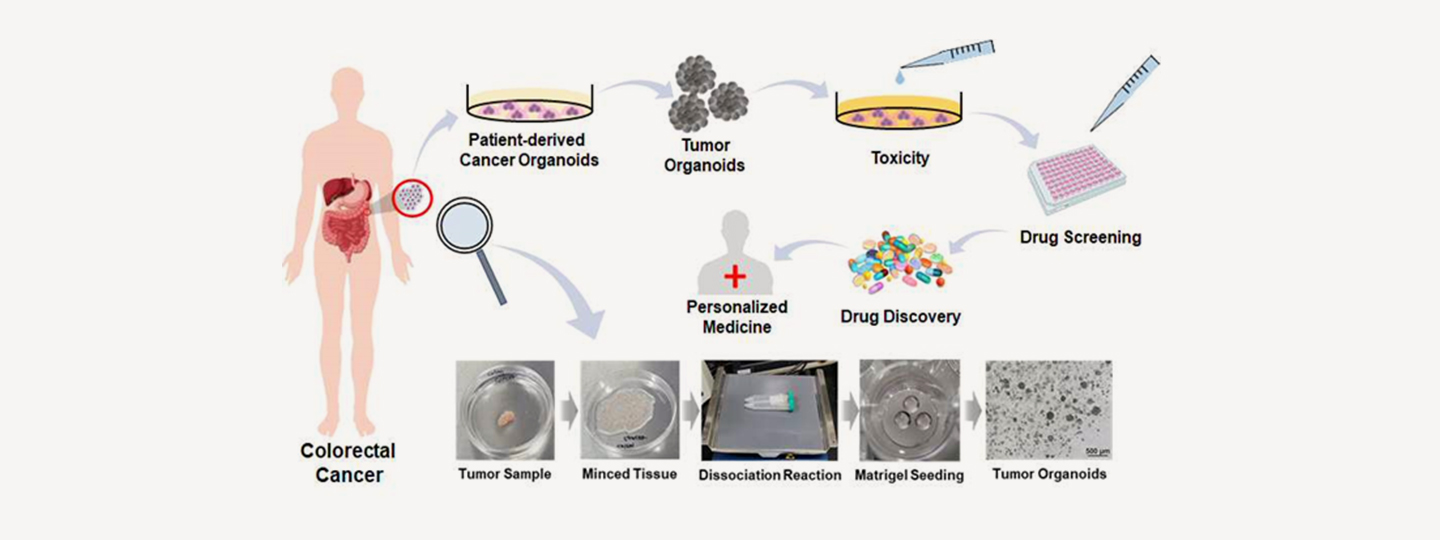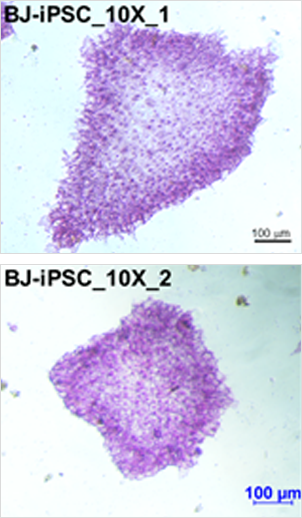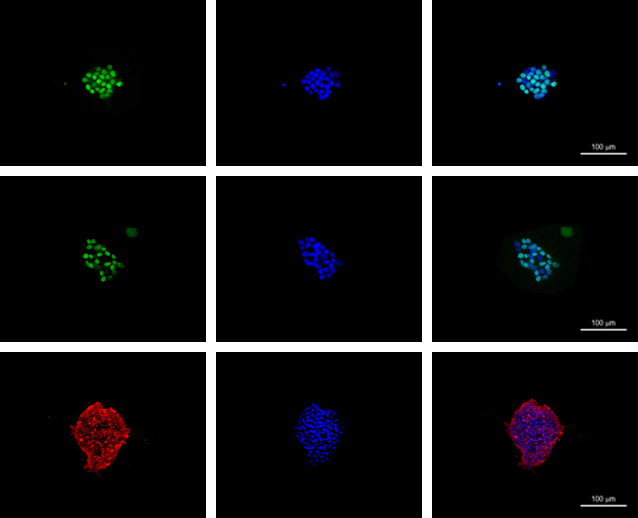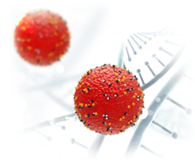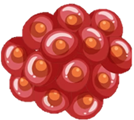Induced pluripotent stem cells are an increasingly popular cell source for remodeling human disease. iPSCs are cells from any genetic background of the donor, with the ability to differentiate into almost any desired terminal cell type.
Currently, researchers are conducting a variety of studies using iPSCs in drug development, disease models, and transplantation, and the potential applications of iPSCs are enormous. These iPSCs have the ability to differentiate into a variety of cell types through their pluripotency and are used to study differentiation, tissue repair, disease pathogenesis, and drug discovery and development.
These induced pluripotent stem cells are characterized by the expression of a variety of genes, including the pluripotency genes Oct4, Nanog, SOX2, Klf4 and carry the provider’s genetic background, so they can carry patient-specific genetic traits for gene deficiency or overexpression in patients with genetic diseases.
Based on this ability of induced pluripotent stem cells, many researchers are currently conducting various studies, and our research team is conducting research and development to utilize induced pluripotent stem cells to create artificial skin models.

